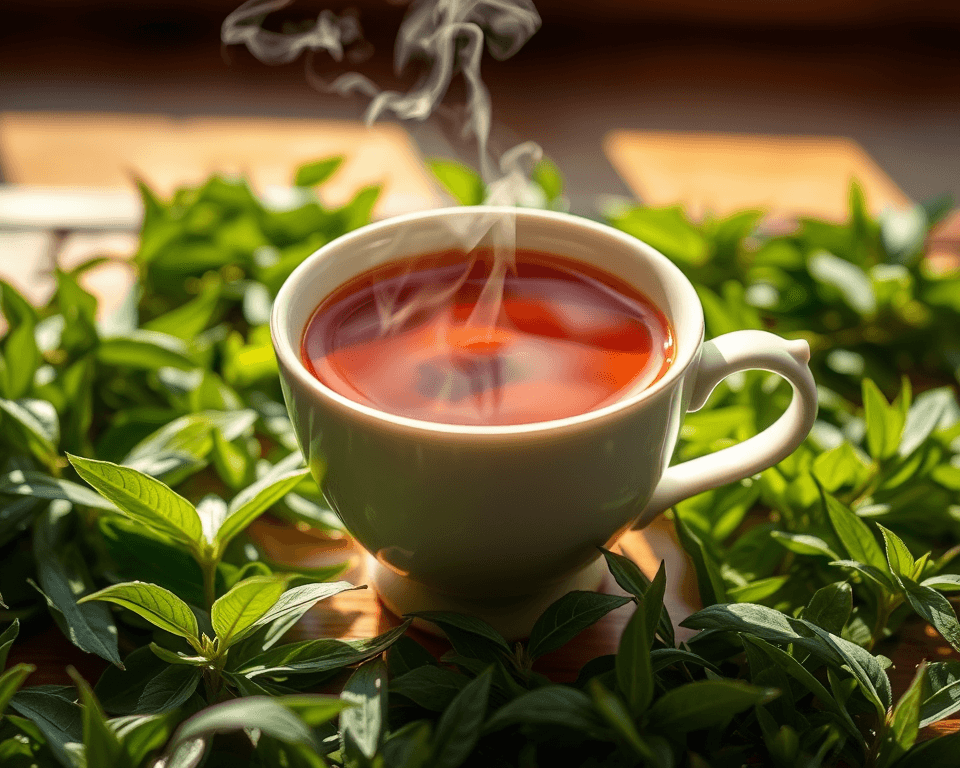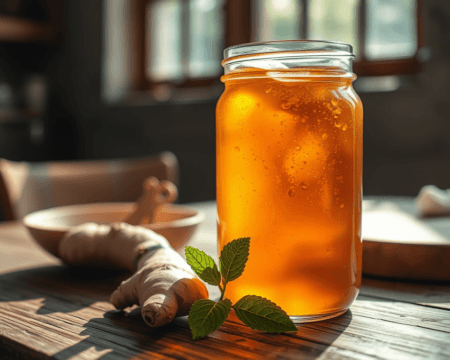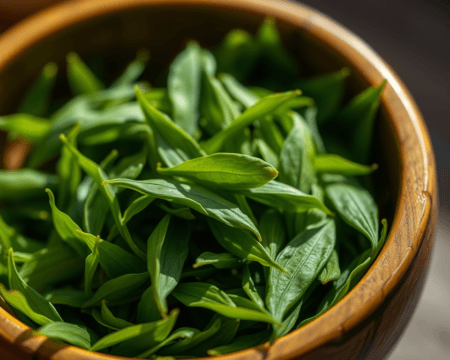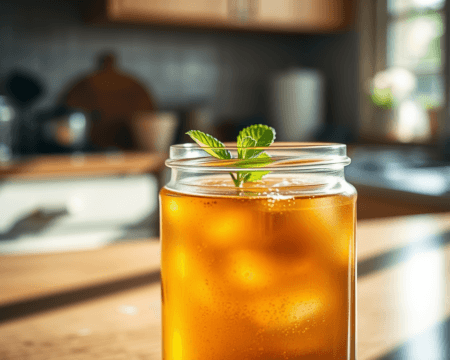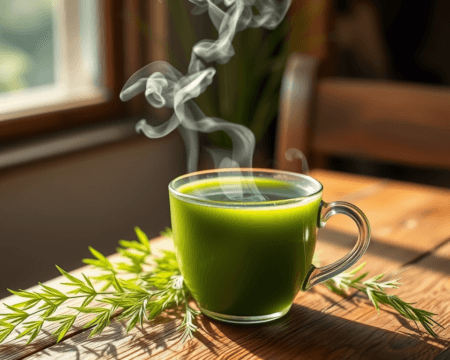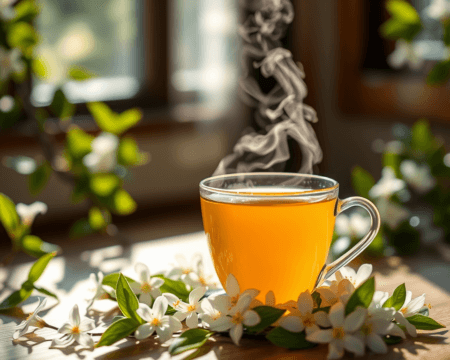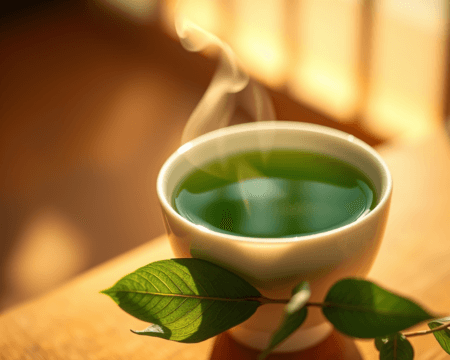Ceylon tea? If you haven’t jumped on this flavorful bandwagon yet, you’re missing out on a world of health benefits and a taste that packs a serious punch. Originating from the stunning mountainous regions of Sri Lanka (formerly known as Ceylon), this tea type has more to offer than just a comforting cup. It’s a powerhouse of antioxidants, tasty complexities, and a charm rooted in rich history. Plus, who doesn’t love sipping on something that’s good for you? So, let’s get into the nitty-gritty of what makes Ceylon tea an incredible addition to your daily routine.
Key Takeaways
- Ceylon tea is packed with antioxidants that fight aging and boost immune health.
- It’s linked to improved heart health, helping manage cholesterol and blood pressure.
- Drinking Ceylon tea can aid in weight management by enhancing metabolism.
- The tea has digestive benefits, soothing your gut and supporting healthy flora.
- Careful with caffeine! Know the side effects and when to avoid it.
Understanding Ceylon Tea and Its Unique Qualities
What is Ceylon Tea?
Let’s kick things off by clarifying what Ceylon tea truly is. At its core, Ceylon tea comes from the evergreen Camellia sinensis plant, just like your favorite black, green, or even white teas. But pure Ceylon tea? That’s something different. It’s like the premium version of tea you didn’t know you needed.
To put it simply, Ceylon tea showcases a wonderful array of flavors and aromas you won’t find elsewhere. It varies in characteristics based on where it’s grown in Sri Lanka. Whether you prefer the brisk black variations or delicate green blends, you’ll find uniquely delicious options. The tea production process is meticulous: handpicked leaves, careful oxidation, and expert grading ensure that each cup is genuinely exceptional.
Types of Ceylon Tea
Ceylon tea isn’t a one-trick pony. It branches out into several varieties, each showcasing distinct flavor profiles that might just blow your mind.
Black Ceylon Tea: This is the robust, full-bodied favorite that stands strong against many competitors. It’s rich in caffeine, making it the go-to morning energizer.
Green Ceylon Tea: If you’re looking for a lighter option, green Ceylon tea is your pal. It’s less processed and offers a nuttier, earthier taste packed with antioxidants.
White Ceylon Tea: This is the delicate darling of the Ceylon family. Light and fragrant, with a limited production that keeps it exclusive.
Herbal Blends: Think outside the box; look for unique combinations that incorporate local herbs for a one-of-a-kind experience.
Health Benefits of Ceylon Tea
Antioxidant Properties
You know those pesky free radicals? They’re like that annoying neighbor who never quite goes away. That’s where the antioxidant benefits of Ceylon tea come into play. With a solid dose of polyphenols and flavonoids, Ceylon tea helps combat oxidative stress, providing a form of health protection that contributes to longevity. Those antioxidants are mighty; they support your immune system, fight off chronic diseases, and even slow the aging process.
Heart Health Benefits
Here’s a kicker: Did you know that drinking Ceylon tea supports your cardiovascular health? Studies show that regular consumption can help lower cholesterol levels and manage blood pressure. With heart disease being a leading cause of death, sipping on Ceylon tea is an easy addition to your heart-healthy lifestyle. Imagine enjoying a hot cup while feeling good about your impact on your lipid levels. It’s win-win!
Weight Management
Let’s talk weight. If you’re looking to boost your metabolism and amp up fat oxidation, look no further than Ceylon tea. It’s a diet-friendly beverage that can help you control caloric intake and promote fat burning. You can actually enhance your weight management strategies by swapping your sugary drinks for a refreshing cup of Ceylon tea. Boom! Now you’re burning calories while indulging in a delicious drink.
Digestive Aid
Feeling bloated? Ceylon tea might just have your back. It’s acclaimed for digestive benefits, soothing your tummy, and promoting gastrointestinal health. The tea acts as a gentle digestive aid, enhancing the work of the stomach’s enzymes. It’s like having a friendly little tea buddy helping to keep your gut flora in check. A regular cup can ease discomfort and help with bloating relief—a satisfying perk if you ask me.
Nutritional Information and Usage
Nutritional Profile of Ceylon Tea
Now, let’s break down what’s in your cup. Ceylon tea offers a treasure trove of nutrients:
- Vitamins & Minerals: Rich in vitamin C and manganese, it’s low-calorie and hydrating—as perfect for health-conscious folks as it is for anyone trying to stay hydrated.
The nutritional content of pure Ceylon tea includes no calories when enjoyed plain. A definite win for those looking to indulge without guilt. It’s one of those low-calorie drinks that punches way above its weight class in health benefits.
How to Brew Ceylon Tea
Brew it right, and it becomes an art! Here’s the deal: to get the best flavor, you wanna pay attention to brewing techniques. Aim for water temperatures around 200°F for black teas and 175°F for green teas. Steep for about 3-5 minutes, depending on your taste. Using a decent tea infuser can really elevate this experience.
You can enhance the flavor even more with a squeeze of lemon or a drizzle of honey, but let’s keep it simple. You don’t want to drown out the natural goodness.
Possible Side Effects and Contraindications
Side Effects of Ceylon Tea
Alright, let’s chat about the flip side. While Ceylon tea is largely beneficial, it does come with potential side effects. Caffeine sensitivity? If you’re prone to digestive upset, headaches, or anxiety, keep a check on how much you’re consuming. Moderation is key! Getting to know how your body reacts can help you enjoy this drink without the unpleasant side effects.
Contraindications
Ceylon tea isn’t for everyone at all times. If you’re pregnant or breastfeeding, or if you’re on certain medications, take heed. Caffeine can interact with various health conditions, so it’s essential to consult with a healthcare provider if you have concerns. Responsible consumption can make all the difference!
Cultural Significance and Historical Use
Ceylon Tea in Traditional Medicine
Ceylon tea isn’t just a modern-day beverage; it’s steeped in history and traditional medicine practices. For many centuries, its leaves have played a role in Ayurveda, where it’s recognized for holistic health benefits. Natural remedies, many of which involve tea, highlight the cultural richness of Sri Lanka. Sip on that knowledge!
Ceylon Tea Around the World
On a global scale, Ceylon tea has left a significant mark. You’ll find it at tea ceremonies in various cultures, appreciated for its taste and aromatic qualities. With tea tourism booming in Sri Lanka, it’s no wonder that enthusiasts are traveling from near and far, all eager to experience these traditional tea-drinking customs. The appreciation for Ceylon tea around the world speaks to its extraordinary flavors and historical richness.
So, whether you’re looking to boost cardiovascular health, manage your weight, or enjoy a delightful cup steeped in rich tradition, Ceylon tea is your ticket. Let it become a staple in your daily routine, and watch those health benefits unfold, one sip at a time. Don’t just take my word for it; make a cup and experience it for yourself!
Frequently Asked Questions
What is Ceylon tea made from?
Ceylon tea is made from the leaves of the Camellia sinensis plant, specifically grown in Sri Lanka. The unique climate and altitude of the region contribute to its distinct flavor profile and health benefits.
How does Ceylon tea compare to other types of tea?
Ceylon tea is known for its bright, citrusy flavor and is often lighter than black teas. It also has a higher antioxidant content compared to some green teas, making it a great choice for health-conscious individuals.
Can I drink Ceylon tea if I’m sensitive to caffeine?
If you’re sensitive to caffeine, it’s important to limit your intake of Ceylon tea, especially strong brews. Consider opting for decaffeinated versions or herbal teas that provide health benefits without caffeine.
What are the best ways to prepare Ceylon tea?
To prepare Ceylon tea, use fresh, filtered water and brew at a temperature of about 200°F for 3-5 minutes, depending on your preference. Experiment with steeping times to find the perfect strength for your taste.
Are there any potential side effects of drinking Ceylon tea?
While Ceylon tea offers many health benefits, excessive consumption can lead to headaches, insomnia, or increased heart rate due to caffeine. It’s advisable to enjoy it in moderation.
How does Ceylon tea help with weight management?
Ceylon tea may aid weight management by boosting metabolism and promoting fat oxidation. Combining it with a balanced diet and regular exercise may enhance its effects.
Is Ceylon tea beneficial for digestion?
Yes, Ceylon tea can support digestive health. Its antioxidants can soothe your gut, promote healthy gut flora, and alleviate discomfort, making it a gentle option for digestive issues.
When is the best time to drink Ceylon tea for health benefits?
The best time to drink Ceylon tea for health benefits is mid-morning or early afternoon. This timing helps you avoid potential sleep disturbances that caffeine might cause if consumed later in the day.
Where can I buy high-quality Ceylon tea?
You can find high-quality Ceylon tea at specialty tea shops, health food stores, or online retailers. Look for brands that offer pure Ceylon tea with clear sourcing information to ensure quality.




